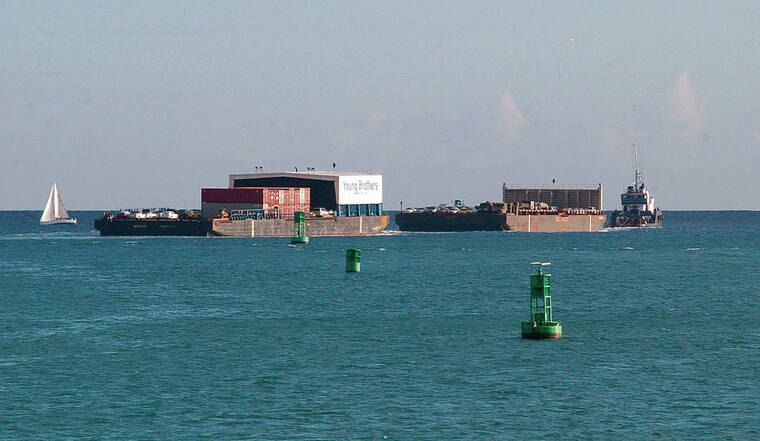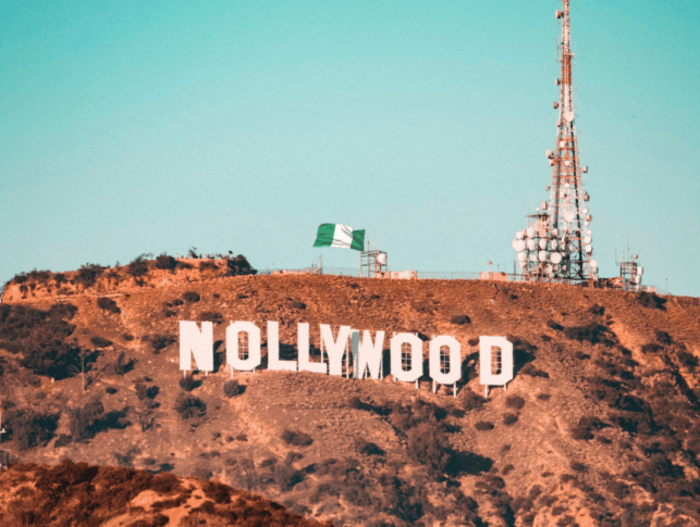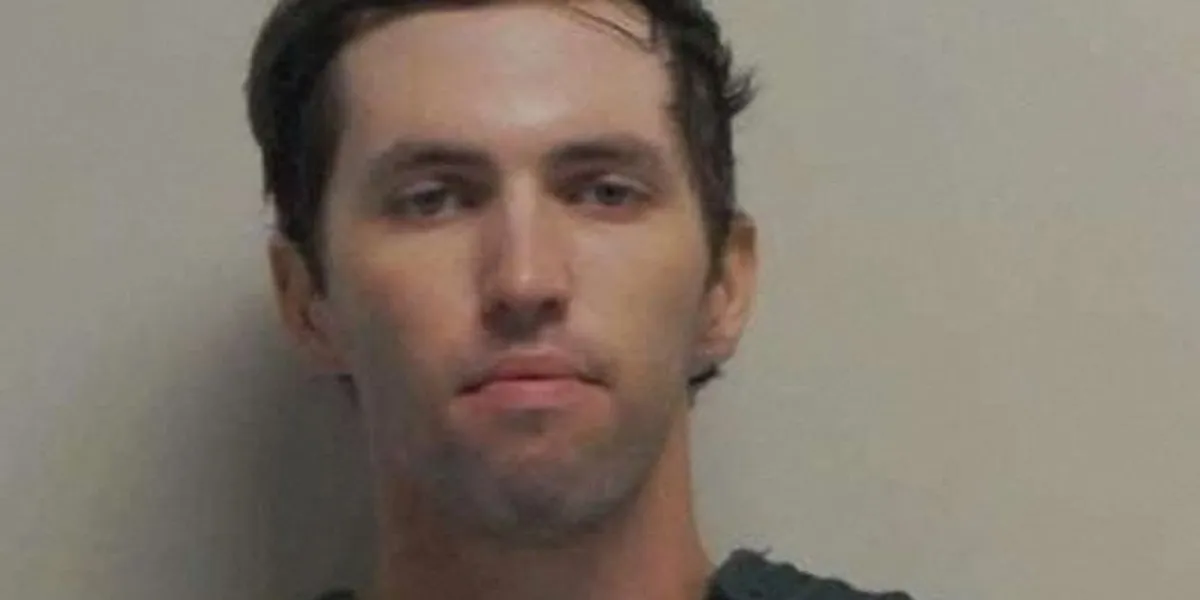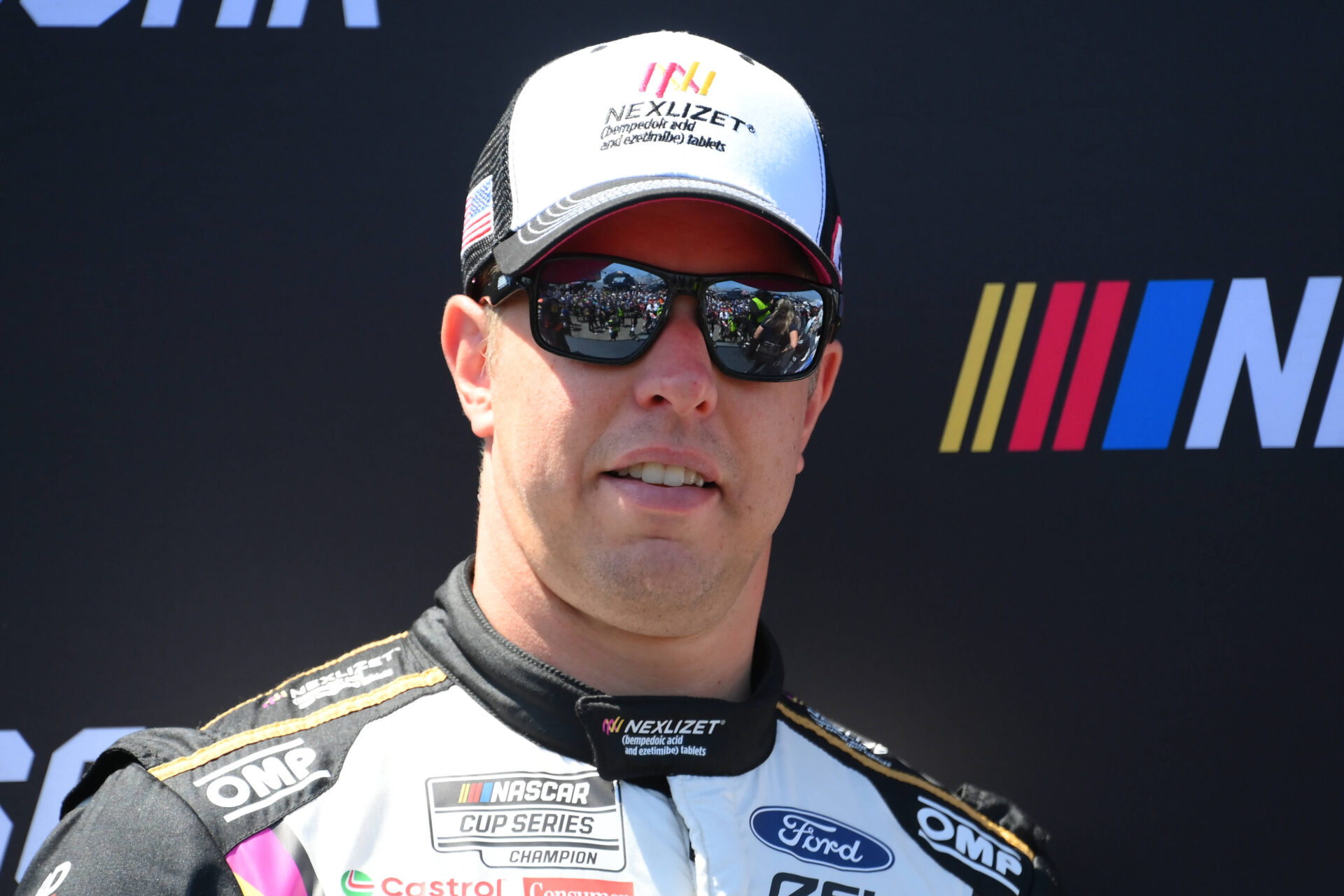By Andrew Gomes
Copyright staradvertiser

A state commission began a multiday hearing Monday to determine whether the distressed company transporting most goods between the main Hawaiian islands deserves a big rate hike plus automated inflationary annual increases.
The quasi-judicial proceeding by the three-member
Public Utilities Commission
is expected to determine whether Young Brothers LLC receives a 26% rate increase, or something less, for its regulated interisland tug-and-barge operations.
Consumers, business owners and other members of the public may submit comments for consideration by the PUC, which is expected to render a decision by the end of the year.
On the first day of the evidentiary hearing anticipated to run through Friday, attorneys representing Young Brothers and the state Division of Consumer Advocacy presented opening arguments, respectively, for and against the proposed rate hikes.
David Nakashima, an attorney with the law firm Watanabe Ing LLP representing Young Brothers, described the requested rate relief as necessary to help “right the ship” and stabilize a company upon which many people and companies in Hawaii rely.
“This rate case is about saving the lifeline between the islands,” he said.
Nakashima said cargo transported by Young Brothers are key components of people’s lives, and asked that commissioners not lose sight of the company’s deeply inter-twined part in the fabric of local communities.
“Tomatoes from Kamuela, poi from Hanalei, chocolate–dipped shortbread cookies baked in Hilo or Hono-lulu, or one of my favorites, craft beer from Maui,” he said in his opening statement. “Or maybe it’s a car, your first car, or the outrigger canoe for your first big race on a neighbor island. … YB is the lifeline between the islands, and it is this YB that needs help staying afloat right now.”
Edward Knox, an attorney representing the Division of Consumer Advocacy at the state Department of Commerce and Consumer Affairs, agreed that the
regulated monopoly represents such a lifeline, but said the company needs to reform its spending and
deserves a smaller-than–requested rate hike without automatic annual increases.
“Young Brothers’ current rate request is inextricably intertwined with years of business decisions, and Young Brothers’ business decisions have not been geared towards long-term
financial resilience or even towards long-term financial stability,” Knox said. “Rather, Young Brothers has made significantly large capital investments and has been unable to control its expenses.”
Knox also said Young Brothers, which is owned by Seattle-based transportation conglomerate Saltchuk, sent profits to its parent in good years that left the Hawaii business
habitually cash-strapped and unable to weather downturns without steep rate hikes amid crises.
“That state of crisis is a predictable result of Young Brothers business decisions, at least predictable to everyone other than Young Brothers it seems,” Knox said. “And for every crisis, Young Brothers’ one
answer seems to be repeatedly to seek higher and higher rates. That has been the cycle Young Brothers has been stuck in.”
Young Brothers last received a general rate increase approval from the PUC in 2020 — a 46% spike based on an emergency
request the company said it needed to nearly break even financially and avoid shutting down amid a sharp falloff in business early on in the COVID-19 pandemic.
At the time, the state Consumer Advocate
considered the increase
excessive. And in 2021, a state–ordered audit said the emergency increase was producing profits for Young Brothers, in part by over–allocating costs to its regulated business versus its nonregulated business. The audit also said a strong
argument existed for the emergency increase to be reduced.
Young Brothers filed
its new rate application
Oct. 15, seeking the 26% increase that includes a 20% average increase on most cargo. Then in February, the company asked the PUC to approve interim increases of 20% effective April 1 followed by an additional 5% by July 1.
At that time, Young Brothers said that from 2022 to 2024 its expenses for regulated service rose by about 20%, or $20 million, while revenue from the same business fell 1%.
“Because YB has not been afforded the opportunity to increase regulated rates since 2020, its regulated costs have dramatically outpaced its revenues — ultimately resulting in a net operating loss to YB in both 2023 ($835,997) and 2024 ($14,317,071),” the company said in its
application.
The company also projected a $26.4 million net loss in 2025, including
$8.4 million on its regulated
operations.
Then in April, Young Brothers applied to the PUC for annual inflationary increases, and asked for the first one by July.
On June 27, the PUC approved an 18.1% interim general rate increase
effective July 1.
Young Brothers on Monday announced that the last time the company was profitable was in August 2024, and that even with the rate increase since July 1 a more than $25 million loss is forecast for all of 2025.
The PUC hearing will consider detailed arguments for and against the requested rate hikes. As part of the process, expert witnesses are scheduled to present testimony and can be cross-examined.
The public also may submit comments, and can do so at puc.hawaii.gov referencing Docket No. 2024-0255. Public testimony is not being taken during the proceeding at the PUC’s downtown Honolulu headquarters in the Territorial Office Building, also known as the Kekuanaoa Building.
Prior public comments have included some support from companies for the requested increases, and opposition from consumers and business owners.
Among supporters were MA‘O Organic Farms on Oahu, which does not ship goods via Young Brothers but said the company’s serv-ices are critical to the movement of agricultural goods and other essential freight, especially for
small farmers and rural communities.
Kristy Kamaka of Honolulu said in written comments to the PUC that Young Brothers is a greedy company without competition and should be ashamed.
Hilo-based Waiakea Inc., a company that sells bottled water and coffee, also expressed concerns with the proposed rate increases, and received PUC approval to participate in the hearing with the ability to call and cross-examine witnesses.
However, on Thursday Waiakea asked to bow out, and told the PUC that it
had finalized a confidential agreement on Wednesday with Young Brothers
“resolving Waiakea’s active participation in this docket.”
Previously, Waiakea founder and CEO Ryan Emmons had said in a filing that the latest proposed rates, if approved, would combine with earlier increases amounting to a 100% spike over five years for the beverage firm founded in 2012.
Emmons said his company fills shipping containers with goods leaving Hawaii island, subsidizing less profitable Young Brothers routes, and that another rate hike presents an existential risk to Waiakea and many other businesses, including hundreds of farmers, on Hawaii
“Penalizing our operations with steep rate
hikes is not only counterintuitive, but financially
short-sighted,” he said in Waiakea’s motion to participate in the proceeding.
The PUC on Monday approved Waiakea’s withdrawal, but said the company’s earlier filings would be treated as public testimony.
During the three-and-a-half-hour first day of the proceeding, several Young Brothers executives and consultants testified, including Frank Almaraz, who became interim president of Young Brothers after Jay Ana announced on July 3 that he was stepping down after leading the company since 2020.
In addition to Knox and Young Brothers counsel, participants questioning witnesses included PUC counsel and commissioners Colin Yost, Naomi
Kuwaye and chair Leo Asuncion Jr.
Young Brothers plans to present 19 witnesses during the proceeding, and the Division of Consumer Advocacy has three, including state
Consumer Advocate Michael Angelo.
The hearing is being broadcast live by ‘Olelo Community Media and is being streamed and recorded on the Commission’s YouTube channel.



